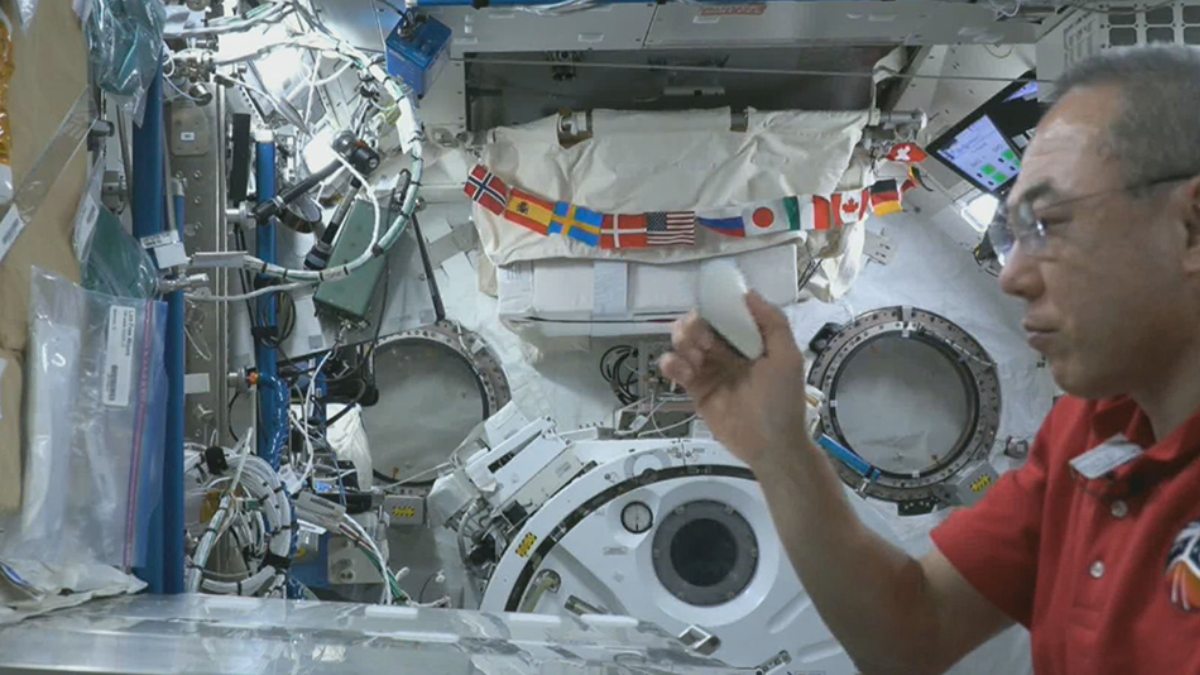In February, Japanese astronaut Satoshi Furukawa, aboard the International Space Station (ISS), undertook two experiments conceptualized by Filipino students, as revealed by the Philippine Space Agency (PhilSA).
The experiments, facilitated at the ISS Kibo module, were part of the 2023 Asian Try Zero-G competition. Out of 245 submissions from the Asia-Pacific region, 14 proposals were selected for the endeavor.
One experiment, proposed by Rizal Technical University student Paul Anton Mahinay, involved observing the movement of an oloid—a three-dimensional geometric object—released in microgravity. The other experiment focused on resistance band exercises, aimed at combating muscle atrophy in astronauts, and was submitted by students from Bataan National High School.
The oloid used in the experiment was manufactured by PhilSA in collaboration with the Advanced Manufacturing Center of the Department of Science and Technology.
Both sets of students will present their analyses and results during the competition’s conclusion later this year.
In a separate initiative, PhilSA awarded Filipino junior high school students and educators with coriander seeds exposed to space via the Asian Herb in Space activity with JAXA. These seeds, returned to Earth after seven months in space, will be germinated and analyzed by selected schools in Metro Manila. Additionally, seeds were allocated to universities for further research purposes.
PhilSA Director General Joel Joseph Marciano, Jr. highlighted the significance of such experiments for the sustainability of outer space activities and long-term space missions.






